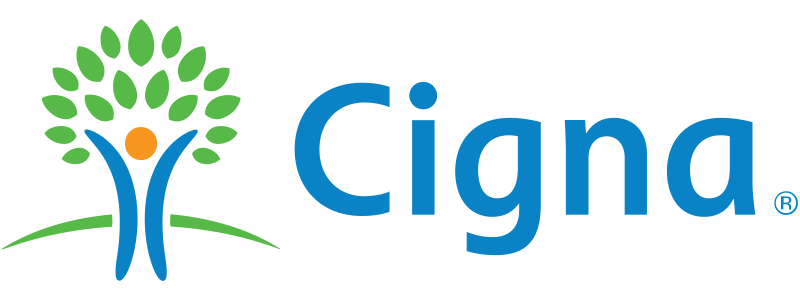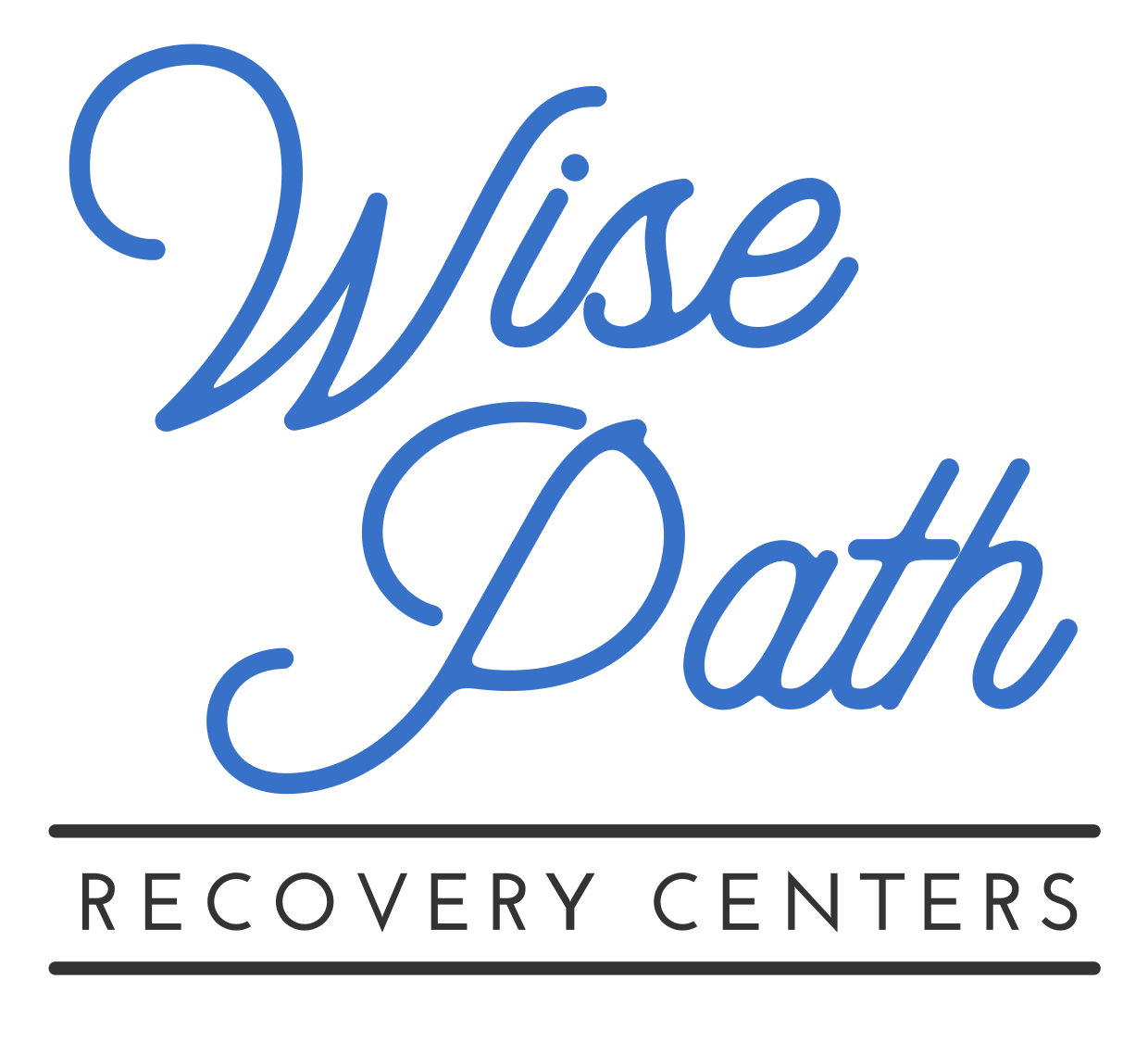Wise Path Recovery Centers ™
METH ADDICTION TREATMENT IN WEST VIRGINIA
What Is Meth Addiction?
Among people aged 12 or older in 2021, about 1.6 million had a methamphetamine or meth use disorder in the past 12 months, according to the National Institute on Drug Abuse. Additionally, in the same year, approximately 32,537 people died from an overdose involving psychostimulants, such as meth.
Methamphetamine use disorder, or commonly referred to as meth addiction, is a subtype of stimulant use disorder. This condition is defined by an uncontrollable and problematic pattern of methamphetamine use that can result in significant impairment or distress in an individual’s life. Essentially, it is a form of substance use disorder that requires professional intervention.
At Wise Path Recovery Centers™, we utilize the DSM-5 to evaluate the presence and severity of methamphetamine use disorder in individuals seeking our services.
Common risk factors may include:
Family history of SUD
Mental health conditions like anxiety or depression
Trauma especially during childhood
Stressful life events, such as the loss of a loved one, job loss, or financial hardship, can increase the likelihood of turning to drugs as a way to cope
Wise Path Recovery Centers™ offers help for individuals, friends, or family members struggling with meth addiction. You are not alone, and support is available.

Signs of Meth Use Disorder
Meth use disorder can be identified through various physical and emotional signs. These include rapid weight loss, dental decay, sores on the skin, and a generally unkempt appearance. Users may also experience mood fluctuations, intense anxiety, and feelings of paranoia. Over time, individuals often find it harder to control their use, which leads to neglect of personal responsibilities and involvement in risky behaviors.
Benefits of Rehab & Treatment for Meth Use Disorder
Rehabilitation and meth treatment provide a vital framework for overcoming meth addiction. In a rehab setting, individuals can safely detox and receive the guidance needed to understand their addiction. Therapy and support groups offer coping strategies to deal with cravings and triggers, while also improving mental and physical well-being. With comprehensive meth addiction treatment in West Virginia, individuals can rebuild relationships and increase their chances of sustained recovery.

What Are the Symptoms of Meth Addiction?
Methamphetamine use disorder is a grave condition that can lead to a variety of physical and psychological manifestations. The indications of meth addiction can fluctuate depending on the degree of addiction and the duration of drug use. Some prevalent symptoms of meth addiction are as follows:
Intense cravings for methamphetamine
Using more methamphetamine than intended
Difficulty controlling or stopping methamphetamine use
Spending significant amounts of time using or recovering from methamphetamine use
Neglecting important obligations and responsibilities, such as work, school, or family obligations, due to methamphetamine use
Continuing to use methamphetamine despite negative consequences, such as legal problems, financial difficulties, or health issues
Developing a tolerance to methamphetamine, which requires using more of the drug to achieve the desired effect
Experiencing withdrawal symptoms when attempting to quit or reduce methamphetamine use, such as fatigue, depression, anxiety, and intense cravings.
It’s important to seek professional help if you or a loved one is experiencing these symptoms. Our qualified clinicians can provide an accurate diagnosis and help develop an effective treatment plan to address meth use disorder.
How Do We Treat Meth Addiction?
Wise Path Recovery Centers™ offers a comprehensive range of evidence-based treatment services for individuals struggling with meth addiction. Our treatment services are tailored to each individual’s unique needs and can include:
At Wise Path Recovery Centers™, our goal is to help individuals achieve long-term recovery from methamphetamine use disorder and live fulfilling, healthy lives. Get started today.

View Our Locations
We currently offer inpatient treatment programs in Morgantown, WV, as well as outpatient programs in Charleston and Morgantown, WV. We also have sober living homes in Columbus, IN. Give us a call at 866-860-9772 to get pre-screened and assessed for the treatment program that will best meet your needs.
We Accept Most Major Insurance Carriers
Once you’ve submitted the verification form, feel free to contact us if you have any questions about insurance or payment options at our meth rehab in West Virginia. Our team is here to assist you and ensure you have the information you need for a smooth admissions process.









FAQs About Meth Use Disorder
What is the DSM diagnosis for meth use?
The DSM-5 diagnosis for meth use disorder is “stimulant use disorder,” which is diagnosed based on patterns of compulsive meth use and related symptoms. This includes issues like tolerance, withdrawal, and loss of control.
What is the most severe form of a substance use disorder?
The most severe form of a substance use disorder is classified as “severe,” which means the person exhibits a high number of criteria for addiction, such as frequent use, loss of control, and negative consequences. This level requires intensive treatment, often beginning with detox and residential services.
What is CMA in recovery?
CMA stands for Crystal Meth Anonymous, a 12-step fellowship designed to support individuals recovering from crystal meth addiction. It provides a community of peers, meetings, and resources to help maintain sobriety and rebuild a healthy lifestyle.
What is the diagnosis code for meth use disorder?
The ICD-10 diagnosis code for methamphetamine use disorder is F15.20 for unspecified or F15.21 for severe methamphetamine use disorder. These codes help healthcare professionals identify the severity and treatment needs of the disorder.
How does meth affect the brain?
Meth increases dopamine levels, leading to intense euphoria, but long-term use damages brain cells, impacting memory, judgment, and emotions. This can result in cognitive impairment and mood disorders.
Can meth use disorder be treated?
Yes, treatment options include behavioral therapy, counseling, and support groups. While no FDA-approved medications exist for meth addiction, Wise Path Recovery offers meth addiction treatment in West Virginia that provides therapy, support, and personalized care to help individuals achieve long-term sobriety.
What is the difference between meth dependence and meth addiction?
Dependence refers to the body’s physical reliance on meth, causing withdrawal symptoms when stopping use. Addiction includes compulsive drug-seeking behavior despite harmful consequences.
Is meth withdrawal dangerous?
Meth withdrawal is not usually life-threatening, but it can cause extreme fatigue, depression, anxiety, and intense cravings. In some cases, suicidal thoughts may occur, requiring medical support. At our facility for meth addiction treatment in West Virginia, we offer detox and stabilization services to offer a safe and comfortable detox experience, minimizing withdrawal symptoms.
How long does meth stay in your system?
Meth can be detected in urine for up to 3 days, in blood for about 1–3 days, and in hair for up to 90 days. The exact duration depends on factors like metabolism, frequency of use, and dosage.
